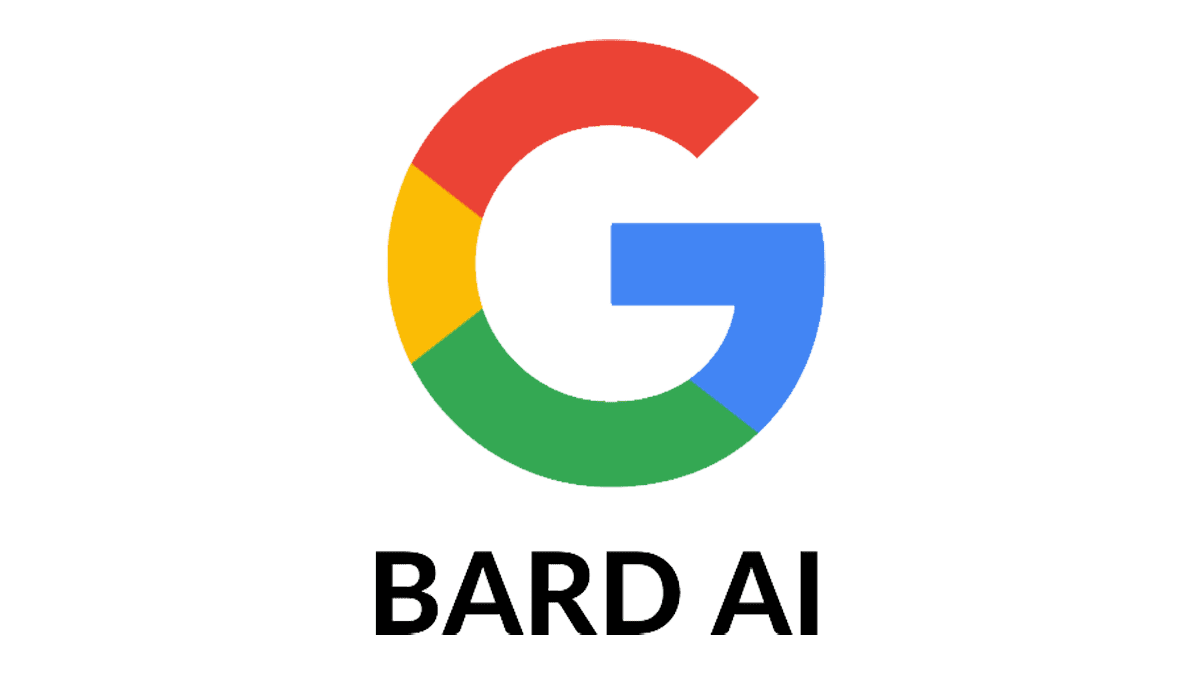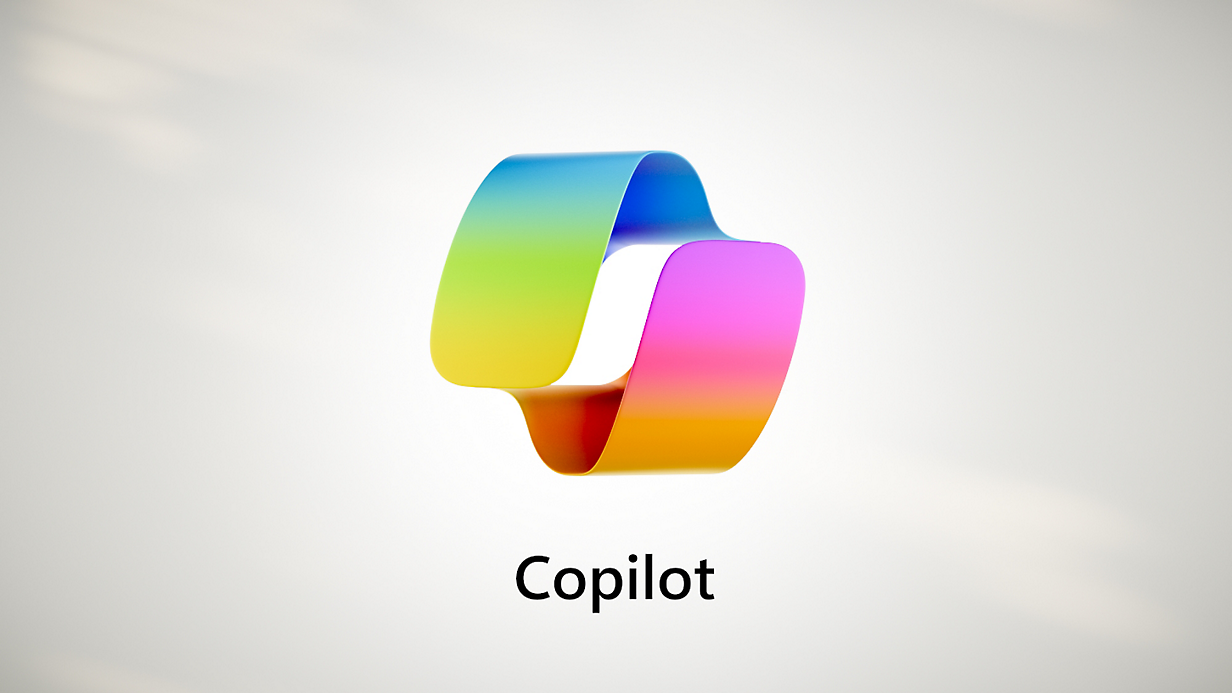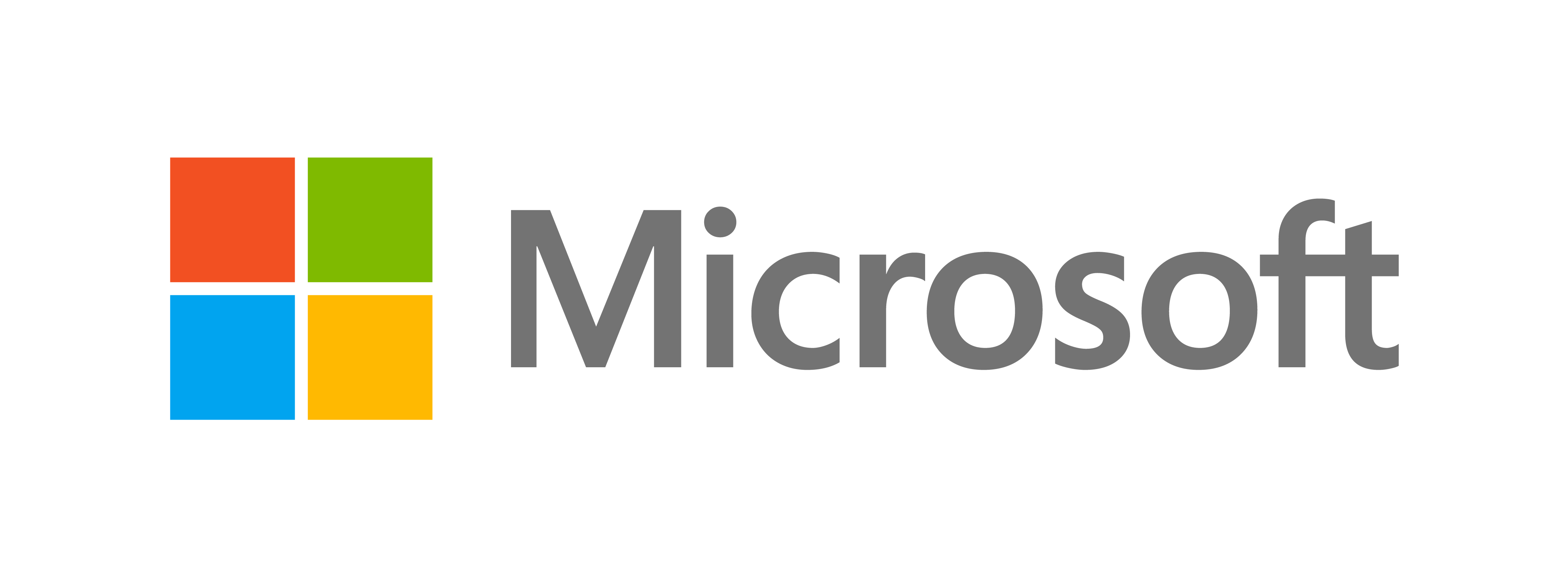Search This Blog
Sadika Media: Your Tech Knowledge Hub Empower yourself with tech insights, tutorials, guides, and courses for all levels. Stay ahead in the ever-evolving tech world with Sadika Media.
Featured post
- Get link
- X
- Other Apps
World Top Tech Companies for AI, Cloud Computing, and Software Engineering
AI
Google: Google is a leader in AI research and development. The company has developed some of the most advanced AI technologies in the world, including TensorFlow, PyTorch, and Bard. Google AI is used in a wide range of Google products, including Search, Maps, Translate, and YouTube.

Microsoft: Microsoft is another leader in AI research and development. The company has developed a number of popular AI technologies, including Azure AI, Windows ML, and Cortana. Microsoft AI is used in a wide range of Microsoft products, including Office, Azure, and Windows.

Amazon: Amazon is a leader in AI research and development. The company has developed a number of popular AI technologies, including Amazon Web Services (AWS) AI, Alexa, and Rekognition. Amazon AI is used in a wide range of Amazon products, including Amazon Web Services, Amazon Echo, and Amazon.com.

Cloud Computing
Amazon Web Services (AWS): AWS is the world's leading cloud computing platform. AWS offers a wide range of cloud services, including computing, storage, networking, and databases. AWS is used by millions of customers around the world, including businesses of all sizes, governments, and educational institutions.

Microsoft Azure: Azure is the world's second-leading cloud computing platform. Azure offers a wide range of cloud services, including computing, storage, networking, and databases. Azure is used by millions of customers around the world, including businesses of all sizes, governments, and educational institutions.

Google Cloud Platform (GCP): GCP is the world's third-leading cloud computing platform. GCP offers a wide range of cloud services, including computing, storage, networking, and databases. GCP is used by millions of customers around the world, including businesses of all sizes, governments, and educational institutions.
Software Engineering
Google: Google is one of the best companies in the world to work as a software engineer. Google engineers get to work on some of the most challenging and impactful problems in the world. Google also offers a great work-life balance and a competitive salary and benefits package.

Microsoft: Microsoft is another great company to work as a software engineer. Microsoft engineers get to work on a wide range of products and services, from Windows to Azure to Office. Microsoft also offers a great work-life balance and a competitive salary and benefits package.

Amazon: Amazon is a great company to work as a software engineer if you're interested in working on innovative and fast-paced projects. Amazon engineers get to work on a wide range of products and services, from Amazon Web Services to Amazon Echo to Amazon.com. Amazon also offers a competitive salary and benefits package.
These are just a few of the many great tech companies that are hiring for AI, cloud computing, and software engineering roles. If you're interested in a career in one of these fields, I encourage you to do your research and find a company that is a good fit for you.
How to choose the right company for you
- What are your interests? Do you want to work on AI research, cloud computing infrastructure, or software development?
- What kind of work environment do you prefer? Do you want to work in a fast-paced environment with a lot of autonomy, or do you prefer a more structured environment with more support?
- What are your career goals? Do you want to work for a company where you can quickly move up the ranks, or do you prefer a company where you can stay in one role for a long period of time?
Once you've considered these factors, you can start to narrow down your list of potential companies. You can read reviews from current and former employees, research the company's culture, and talk to employees if possible. Remember that the best company for someone else might not be the best for you, so it's important to find a good fit for your skills, interests, and career goals.
Building the skills you need
No matter which tech company you choose, having the right skills is crucial. For AI, cloud computing, and software engineering roles, some common skills include:
- Programming languages: Depending on the role, you might need proficiency in languages like Python, Java, C++, or others.
- Cloud technologies: Familiarity with cloud platforms like AWS, Azure, or GCP is often essential.
- AI and machine learning: Understanding the principles of AI and machine learning, and experience with frameworks like TensorFlow or PyTorch, can be beneficial for AI roles.
- Software development: Strong software engineering skills, including knowledge of software development life cycle, version control, and testing.
- Problem-solving: The ability to approach complex problems and devise effective solutions is a key skill in the tech industry.
Keep learning and updating your skills to stay relevant in this dynamic field.
Conclusion
The world's top tech companies are at the forefront of innovation in AI, cloud computing, and software engineering. Whether you're just starting your career or looking for a new opportunity, these companies offer exciting challenges and the chance to work on cutting-edge technologies. Remember to choose a company that aligns with your interests, work preferences, and career goals. Keep building and refining your skills to thrive in the ever-evolving tech landscape. Good luck on your journey!
Useful References
AI
Cloud Computing
Software Engineering
Useful References
- AI for Everyone Specialization by Stanford University
- Cloud Computing Specialization by University of Michigan
- Software Engineering Specialization by University of California, Berkeley
- Machine Learning Engineering: Building Modern Data Infrastructure and CI/CD Pipelines by Ammon J. Scalable
- MLOps: From Model to Production by Martin Zinkevich, Noah Smola, and Maximilian Schuster
- Software Engineering at Google: Lessons Learned from Programming Over Time by Titus Winters, Tom Manshreck, and Hyrum Wright
- Deep Learning for Coders with Python by Enrico Mirowski and Tomasik
- Clean Code: A Handbook of Agile Software Craftsmanship by Robert C. Martin
- Get link
- X
- Other Apps
Popular Posts
AI-Powered Fraud Detection How to Protect Your Business
- Get link
- X
- Other Apps
AI-Powered Image Recognition: Applications in the Real World
- Get link
- X
- Other Apps
Comments
Post a Comment